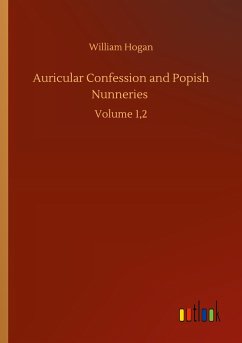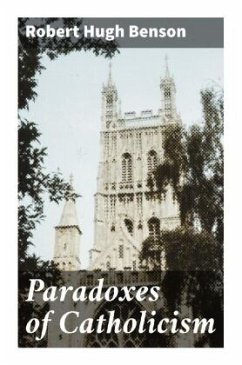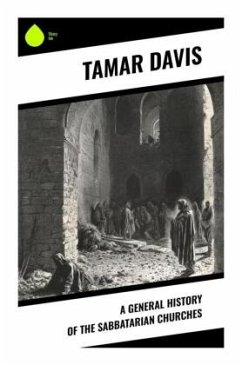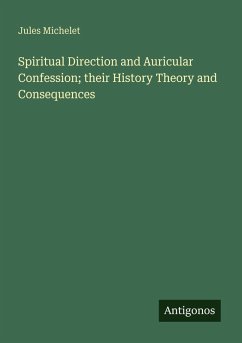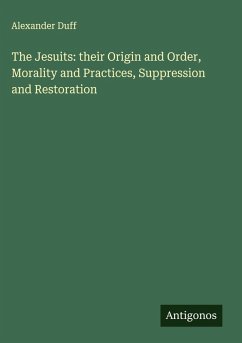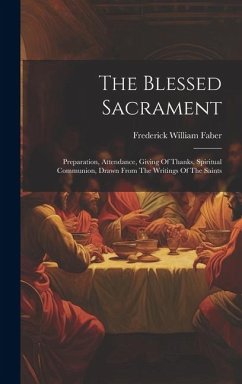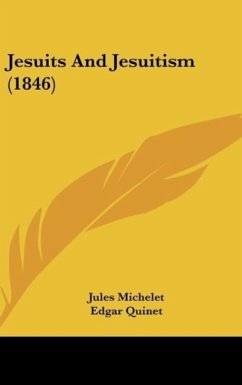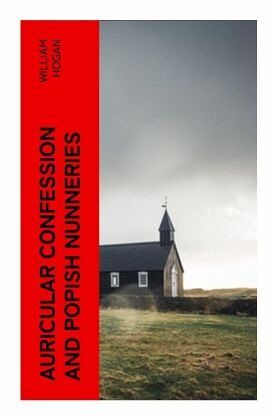
Auricular Confession and Popish Nunneries
Volumes I. and II., Complete
Versandkostenfrei!
Versandfertig in 6-10 Tagen
12,40 €
inkl. MwSt.
Weitere Ausgaben:

PAYBACK Punkte
0 °P sammeln!
In "Auricular Confession and Popish Nunneries," William Hogan foregrounds the tensions between religious doctrine and personal morality, critiquing the practices of confession and the nunneries of the Catholic Church during the 19th century. With a keen eye for socio-religious dynamics, Hogan employs a polemical yet accessible literary style, interweaving narrative, historical commentary, and critical analysis. The work draws from a rich tapestry of theological debates and societal attitudes, revealing how institutions shaped individual conscience and community values in a time of religious up...
In "Auricular Confession and Popish Nunneries," William Hogan foregrounds the tensions between religious doctrine and personal morality, critiquing the practices of confession and the nunneries of the Catholic Church during the 19th century. With a keen eye for socio-religious dynamics, Hogan employs a polemical yet accessible literary style, interweaving narrative, historical commentary, and critical analysis. The work draws from a rich tapestry of theological debates and societal attitudes, revealing how institutions shaped individual conscience and community values in a time of religious upheaval. William Hogan, an influential figure in the landscape of American religious discourse, rose from a background steeped in Catholicism, which profoundly informed his perspectives. His experiences as a cleric and engagement in the intense socio-political environment of his time provided him with a unique vantage point from which to criticize practices perceived as detrimental to personal piety and societal ethics. Hogan's writings often reflect a struggle to reconcile faith with the realities of institutional power. This book is a compelling read for anyone interested in the intersections of religion, morality, and society. It offers valuable insights into the historical context of Catholic practices and invites readers to consider the implications of faith on personal and communal ethics. Hogan's critical examination not only enriches our understanding of 19th-century religious life but also serves as a thought-provoking commentary relevant to contemporary discussions about faith and morality.




